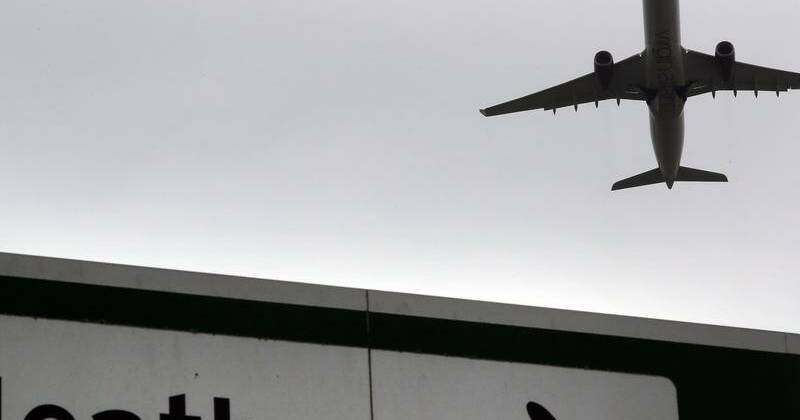
Higher food and airfare prices have driven UK inflation above expectations in July 2024, according to recent data from the Office for National Statistics. The consumer price inflation rate rose to **3.8 percent**, increasing from **3.6 percent** in June. This unexpected rise challenges market predictions regarding future interest rate cuts by the **Bank of England** in 2025.
One significant contributor to this inflation surge was the dramatic increase in airfares, which soared by **30.2 percent** from June to July. This represents the largest monthly jump since the government began collecting this data in **2001**. Many economists had anticipated a more moderate inflation rise, forecasting a figure of **3.7 percent** for July.
Implications for Monetary Policy
With inflation now at its highest level since **January 2024** and nearly double the **Bank of England’s** target of **2 percent**, the likelihood of another interest rate cut in 2025 appears to be diminishing. Suren Thiru, economics director at the Institute of Chartered Accountants in England and Wales (**ICAEW**), stated, “July’s outturn probably extinguishes hope of a September interest rate cut, while strengthening underlying inflationary pressures calls into question whether policymakers will be able to relax policy again this year.”
Earlier in August, the **Bank of England** reduced its main interest rate by **0.25 percentage points** to **4 percent**, marking the fifth reduction within a year. This decision followed a series of cuts that began from a **16-year high** of **5.25 percent**. The current interest rate is now the lowest since **March 2023**.
Political Repercussions
This latest increase in inflation poses additional challenges for the **Labour government**, which came to power partly in response to the cost-of-living crisis that saw inflation exceed **11 percent** at its peak. Treasury chief Rachel Reeves acknowledged that there is “more to do to ease” the cost of living for citizens.
As UK households continue to grapple with rising prices, the government’s ability to navigate these economic challenges will be closely scrutinized. The intersection of soaring airfares, food prices, and inflationary pressures will likely shape the economic landscape in the months ahead, influencing both consumer behavior and policy decisions.







